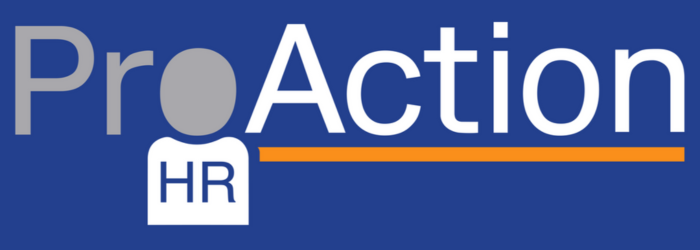With 4-day week trials, is flexible working coming of age?
Since early 2020 when the first lockdowns rocked the world, we have seen colleagues on zoom struggle to work from home and balance their day job with caring duties and home schooling, amongst many other individual challenges.
Nobody knew what or how the pandemic would impact us, but everyone found ways to make it work, eventually. In the interim, stress levels went through the roof; ‘normal’ working practices and hours went out the window; and employers, managers, and workers were often entirely out of their comfort zones.
And then, slowly but surely, we all found a routine that worked, and employers put in place systems and practices to support the work from home model, and finally the majority of us started to see the real benefits to all of flexible working.
Moving on 2+ years, we’ve not only embraced more flexible ways of working but there are now trials taking place exploring the feasibility of the 4-day working week.
June 2022 has seen the launch of a 70-company trial program in the UK which the BBC described as "the world's biggest", with participants paying their employees a regular week's pay for 80% of the hours. This four-day week trial takes place across six months from June to December, with 3,000 workers UK- wide taking part.
The 4 Day Week Global initiative, a non-profit, is just one of the organisations behind this UK trial. Founded in 2018, they are also running trials in the USA, Canada, Ireland, Australia, and New Zealand. Brit thinktank Autonomy, Boston College in the US, and the British universities of Oxford and Cambridge are also backing the UK initiative.
This UK pilot may be the largest, but it's not the only one and its not just this year that has seen some global organisations trial the 4-day week, like Dell, which recently switched to a shortened week in the Netherlands after previously trialling it in Argentina.
Some companies were even trialling this pre-pandemic, with a 2019 Microsoft trial of the four-day work week in Japan which led to more efficient meetings, happier workers, and boosted productivity by a staggering 40%, the company concluded. In addition to the increased productivity, employees took 25% less time off during the trial and electricity use was down 23% in the office with the additional day off per week. Employees printed 59% fewer pages of paper during the trial. And most of the employees that took part – 92% – said they liked the shorter week.
Workers have often said they could be more productive with less time in the office. A survey of 1,500 workers and 600 human resources managers by HR consulting firm Robert Half found 66% of workers said they wanted to work less than five days a week. Another experiment published by the Harvard Business Review shows shorter workdays, a decrease from the average 8-hours to 6, increased productivity.
And how productive employees will be is being questioned by some as, in essence, 5 days reduced to 4 means a need for a 25% increase in productivity.
Is this attainable? According to 4 Day Week Global's research, job performance was maintained with a four-day work week, while stress levels dropped and work/life balance improved significantly, rising from 54% to 78% who were satisfied with theirs.
So, what is the definition of the 4-day work movement?
In a nutshell, it’s a reduction of 1/5th of working hours at no loss of pay. But it’s so much more than a reduction in hours – it’s fundamentally a whole new way of working, for example, less meetings, as well as shorter ones such as 30-minute max stand up, for example to manage work time more efficiently. In a nutshell, it’s a reduction of 1/5th of working hours at no loss of pay. But it’s so much more than a reduction in hours – it’s fundamentally a whole new way of working, for example, less meetings, as well as shorter ones such as 30-minute max stand up, for example to manage work time more efficiently. Our MD, Martin Nicholson, expands on this: “I definitely see the further use of compressed hours including 4 or 4.5 day weeks, term time working, annualised hours, and 9-day fortnights. These options will meet employee’s aspirations for flexibility and reach a consultative compromise to ensure the needs of an organisation are also met.”
The next 5 years of the 'future of work' post Covid will continue to see new trends and a need for employers to think creatively to meet market demand. What’s clear is that the world of work has changed for good, it IS now more flexible and those organisations that fail to embrace this or continue to offer rigid working options in terms of location and hours (where relevant to deliver their product or service) are going to find it much harder to attract new talent or retain the staff they do have.
And let’s not forget that the war for talent which has been evident for many (and has in some industries never departed), is going to compound this ability for organisations to attract and retain staff for the foreseeable future as the rising costs of living are making people really take stock of the expenses incurred in daily commuting too. In the current economic climate 63% of businesses surveyed by 4 Day Week Global found it easier to attract and retain employees after switching to a four-day work week.
It’s a shame it’s taken a global pandemic to finally show the way and be embraced in the mainstream, but flexible working in all its guises is finally no longer a ‘nice to have’ and instead will have commercial consequences for businesses that don’t take it seriously. A truly forward-thinking organisation will be taking a 21st-century approach to flexible working practices if they hope to attract the best talent to join them and stay with them.


